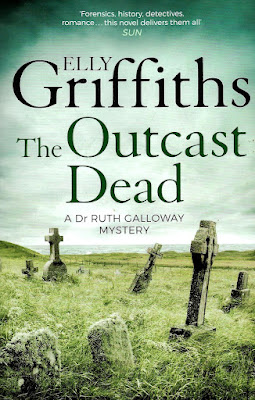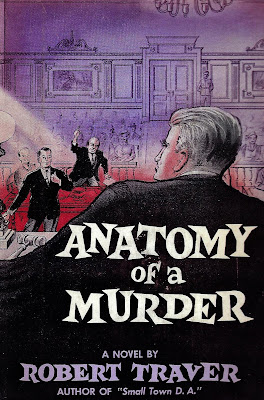Description from the back of the book:
Cass Neary made her name in the 1970s as a photographer embedded in the burgeoning punk movement in New York City. Her pictures of the musicians and hangers on, the infamous, the damned, and the dead, got her into art galleries and a book deal. But thirty years later she is adrift, on her way down, and almost out. Then an old acquaintance sends her on a mercy gig to interview a famously reclusive photographer who lives on an island in Maine.
The main character, Cassandra Neary, is a photographer who was famous for one book she published in the 1970s, but she has gone downhill since, and has mostly spent her time working in a bookstore, not pursuing her photography. Excessive drinking is her coping mechanism.
An old friend offers her the opportunity to interview her idol, Aphrodite Kamestos, who now lives on a secluded island in Maine. So Cass takes off from her job for a while and heads for the island, not realizing how isolated it is. The setting is fantastic – gritty and dark and cold.
This might be the strangest mystery I have ever read. The central character tells the story in first person narrative. She is in an unfamiliar environment among people she has never met before. She doesn't know who to trust and they don't trust her. The reader's knowledge is limited to what Cass sees and hears, feels, and how she interprets what is going on. There are crimes hinted at, but no real, proven crimes for the first 90% of the book, which was confusing. Some classify it as a mystery thriller, but it is only a thriller toward the end.
Even though I was trying to figure out what was going on through most of the book, I enjoyed it. Even when I was frustrated with the story, I could not stop turning the pages. For me Generation Loss was an incredible book, it just wasn't at all what I was expecting. There are four books in the series and I already have the second one, so I will read it to follow up on Cass and see where her life goes from here.
This book won the Shirley Jackson Award for Novel for 2007. The Shirley Jackson Awards honor outstanding achievement in the literature of psychological suspense, horror, and the dark fantastic. In addition to the Cass Neary series, Elizabeth Hand has written novels and short stories in the Science Fiction, Horror, and Fantasy genres.
-----------------------------
Publisher: Small Beer Press, 2007
Length: 268 pages
Format: Trade paper
Series: Cass Neary, #1
Setting: Small island off the coast of Maine, USA
Genre: Mystery
Source: I purchased this book.



































